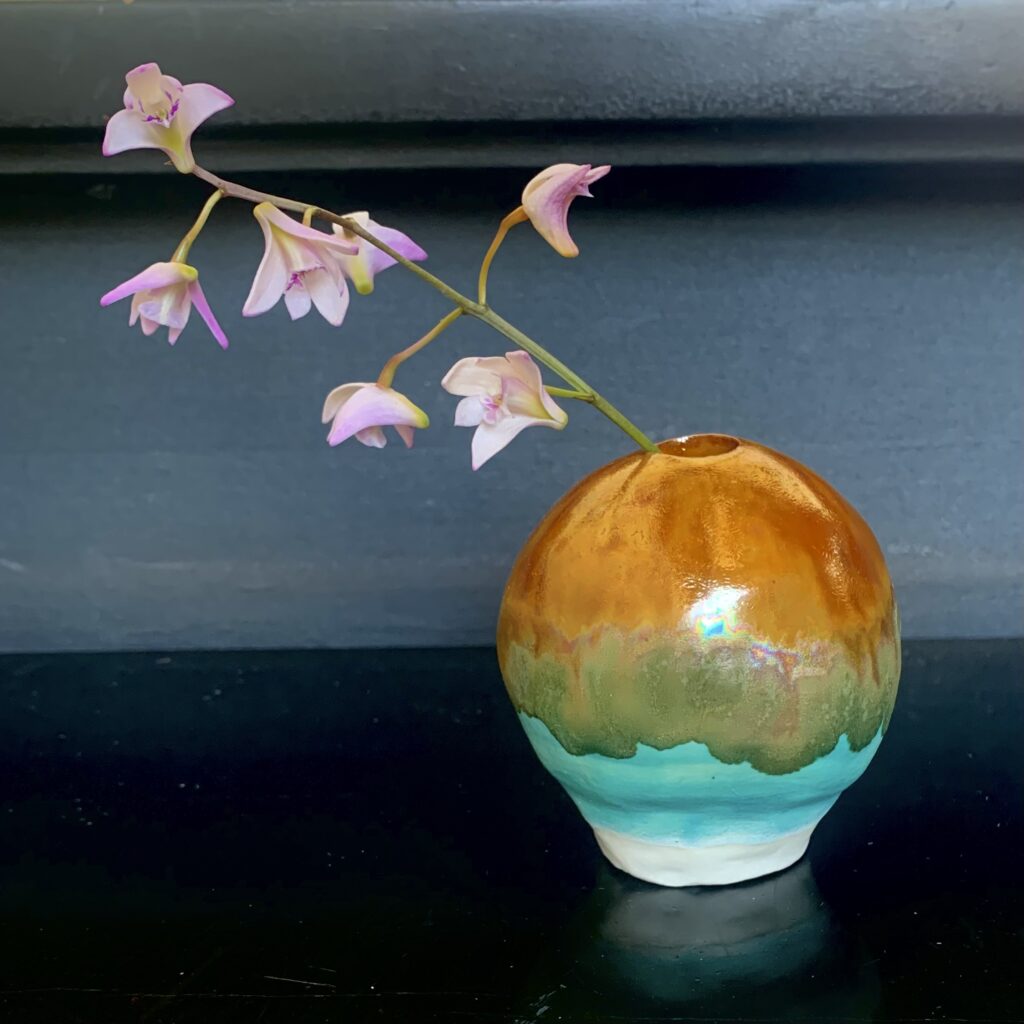
I think that one of my most common questions that a reiki client will have for me is: ‘What will I feel?’ Lately, this question comes out in a funny way, when clients ask, ‘Is it normal to feel this way?’ You know, I’ve always hated that idea of ‘normal’ being something that we should aim for. But that’s besides the point. I think in general and specifically related to reiki, we are all very individual. There is no normal. So, while I can tell you that some clients feel the energy in different ways in their body, some clients do not feel it. Some people feel heat and a few people cool, and others experience the energy as like electricity or magnets, sparkling or like it is a pulling sensation.
Some clients go into a place very similar to meditation, and others cannot stop their minds from racing. Many have both happening during a treatment: relaxation AND busy thoughts. A few people see colours. Some people have very interesting images and visuals of things they’ve never seen before, while others have memories which may be significant and may not be! Some clients describe the thoughts and memories as ‘really random’. Occasionally, clients have images of relatives, loved ones and friends, sometimes those who have passed. And others don’t feel anything or think anything special at all, though hopefully they feel relaxed. Rarely, clients feel unpleasant sensations: pain, perhaps in a place where they have had an injury, anxiety (sometimes because it is a new experience) and one client even reported a prolonged feeling of fear and darkness.
There is also a difference between clients who have reiki regularly with some who say that treatments are nearly always the same (with some variation) and others who report that the treatment are different every time!
A similar variation would apply to how clients feel afterwards and for how long. Very occasionally, clients say they feel the effects for a long time! More often, it’s just the day or two afterwards, or maybe a day or two after that. And others say they don’t feel much different right afterwards. I also try to warn clients that they might feel worse before they feel better, as some clients feel really tired, or even like they are catching a flu. A recent client told me they broke out in some acne on their face, which doesn’t happen to them.
I wanted to share a few recent reports with you. One client who was suffering from depression reported after the treatment:
On the other hand, a client who came because they feel they cannot be focused and are always daydreaming and distracted reported:
If there are messages from this, for me, it is that it’s worthwhile to try out reiki and see what it does for you. Then, it’s useful to not have any expectations but to simply be open to what happens (or what does not happen). If you are hoping to feel like someone else has felt, or are expecting to feel a certain way, you may be disappointed and you may not notice what is actually happening, with your expectations in the way. And finally: nothing is normal! You will feel how you feel and that is all good. Comparing ourselves to other people is usually not very useful.
Good wishes to all!





 Not long ago, a client called up about her treatment. I had worried about her, since she made the booking at 2am for the morning after, but then she rescheduled to the next day. But she called in the morning. Should she come? She was feeling absolutely terrible, and couldn’t get in to see her therapist, and was tired and just wanted to sleep.
Not long ago, a client called up about her treatment. I had worried about her, since she made the booking at 2am for the morning after, but then she rescheduled to the next day. But she called in the morning. Should she come? She was feeling absolutely terrible, and couldn’t get in to see her therapist, and was tired and just wanted to sleep.
 Anyways, for Anita, what I was excited to learn was that while she didn’t find the remote treatments as strong as in-person ones, she still felt effects. And the proof was in her health monitor, which she later showed me: an inobtrusive rather pretty ring, called an
Anyways, for Anita, what I was excited to learn was that while she didn’t find the remote treatments as strong as in-person ones, she still felt effects. And the proof was in her health monitor, which she later showed me: an inobtrusive rather pretty ring, called an 